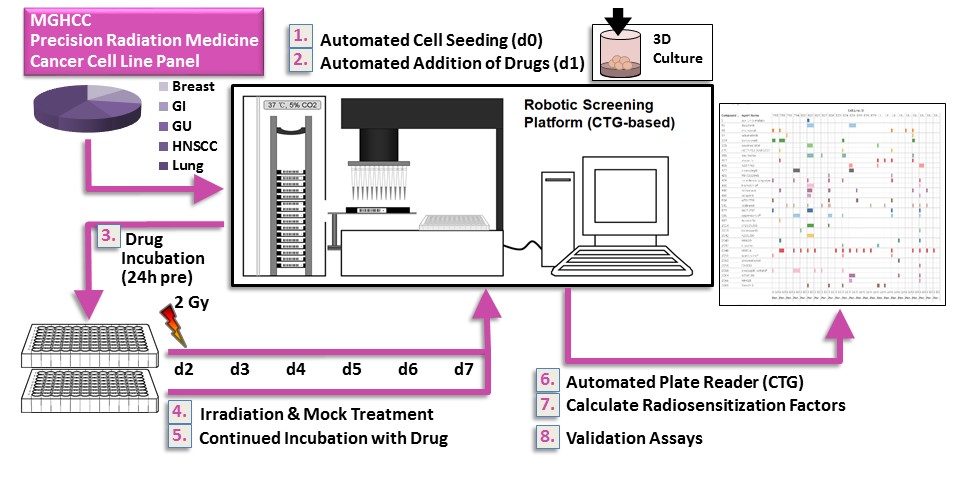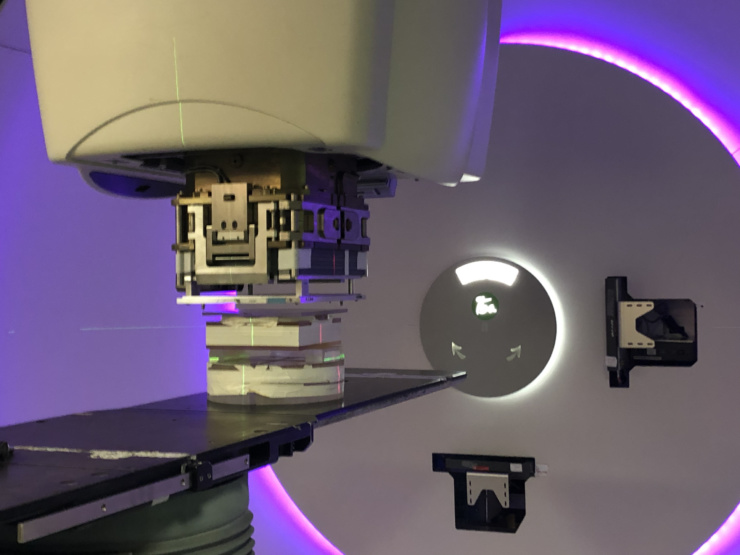Our Research
Determine Radioresistance of Cancers
 We seek to elucidate mechanisms of radioresistance in lung and other cancers and identify biological targets to overcome that resistance.
We seek to elucidate mechanisms of radioresistance in lung and other cancers and identify biological targets to overcome that resistance.
We are particularly interested in a better understanding of radioresistance conferred by co-mutated KRAS and TP53. Recent findings have given given us new clues which hopefully will translate into novel treatments in the near future. We are also active in pursuing KRAS as a biomarker to guide the use of radiation therapy in clinical practice.


